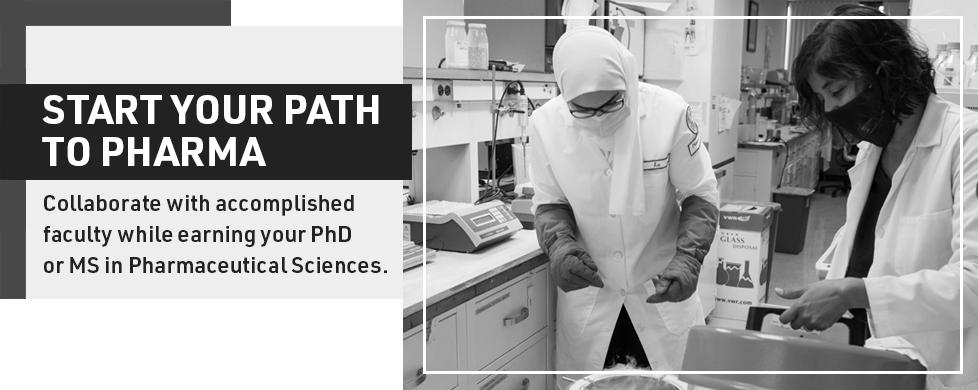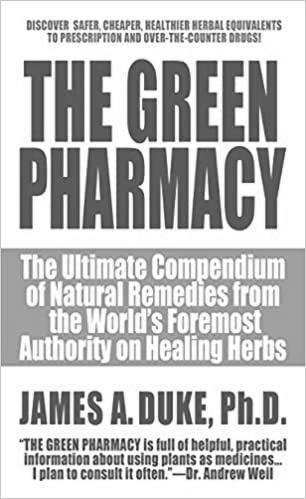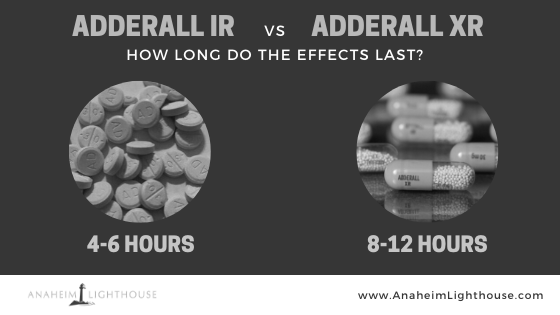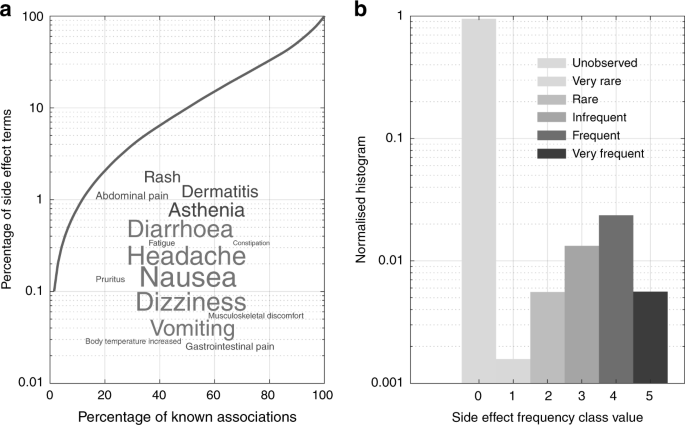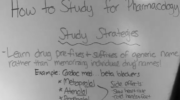After earning a PhD in pharmacology, one can pursue a variety of different careers in this field. For example, one could pursue research in a wet lab, or work for a biotechnology company. Others choose to apply their knowledge away from the bench.
Research
After completing a PhD in pharmacology, you may want to explore research career options. Many PhD programs are focused on a single element of drug discovery, while others cover a broad range of topics. Many research professionals choose to become professors in universities. Many research careers include both teaching and independent research. Some research professionals also work in health care or as consultants in other fields.
As a pharmacy PhD, you can work in academia or in industry. Some pharmaceutical companies are looking for people with this training. You can earn up to twenty to thirty-five thousand a year. You can also work as a professor or HOD in a university or research institute. These positions usually involve assisting students and delivering lectures.
Other career options include drug discovery and biotechnology. In drug discovery, you’ll work in government research institutes or private firms to discover new drugs. Your focus will be on understanding cell biology and developing new molecules. You’ll be responsible for identifying gaps in scientific knowledge and developing innovative techniques to test hypotheses. In addition, you’ll need to have a thorough understanding of genomic annotations and bioinformatics. Regardless of the route you choose, you will need excellent communication skills, as well as a strong sense of organization and focus.
If you’re interested in working in the pharmaceutical industry, the Department of Pharmacology offers a unique internship program. In addition to focusing on formal course work, this program offers seven-week research training experiences in industry laboratories. As a Ph.D. student, you’ll have access to a wide range of research techniques.
If you’re looking for a postdoc position in academia, there are many opportunities. Depending on your qualifications, you can work for pharmaceutical companies, academic departments, and government agencies. The Department of Agriculture, Department of Defense, and NASA are all potential locations. Other career options include science writing, investment counseling, and public policy development.
A PhD in pharmacology will prepare you to work in biotechnology, pharmaceutical research, and biomedical research. You will be able to use your skills to find solutions to complex scientific problems. As a researcher, you’ll develop advanced laboratory work, technical research, and effective communication. You’ll be eligible to apply to graduate-entry medical schools and join a research team in pharmaceutical companies.
You can also pursue a career in academia as a lecturer. Many universities and colleges offer positions to full-fledged physicians, who teach students and shape their careers. Many companies also employ scientists, who research species drugs and procedures. These positions can lead to patents and lucrative compensation packages.
You can also work as a toxicologist. These professionals study harmful effects of new drugs and chemicals. They can work in academia, government, or industry. Many toxicologists also teach undergraduate students.
Subspecialty clinical training
The process of getting into a subspecialty clinical program after earning a PhD in pharmacology is a rigorous one. Depending on the program you choose, you could spend several years pursuing subspecialty training. You might also decide to focus on research. This way, you would be able to learn about new research techniques and conduct research in an academic setting.
The first step is to choose a subspecialty. This is done by enrolling in a fellowship. A subspecialty is an area of specialization in a particular field. Many subspecialties are devoted to specific treatments or disease states. For example, cardiovascular disease is a subspecialty of cardiology. Another subspecialty is pediatrics.
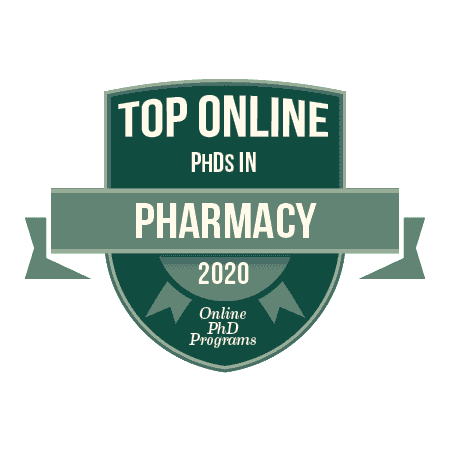
Some residency programs provide a short-track route into research. The ABIM Research Pathway, for example, calls for residents to complete 24 months of core internal medicine training, three years of mentored research, and three years of clinical research. The research phase may include formal coursework that leads to a Ph.D. or a Masters degree. This pathway is designed for individuals with strong research backgrounds and a strong interest in clinical research.
For more information on the requirements, visit the Graduate Medical Sciences website. There, you can complete the online application form and write a statement of purpose. Applications are reviewed on a rolling basis. Ensure that you have all of your academic records and two letters of recommendation. If possible, submit your GRE scores, though they are not required. Providing them will not adversely affect your chances of acceptance.
The process of getting into a PhD program in pharmacology varies by program. However, it generally requires candidates to complete a PhD in clinical investigation and have published at least two peer-reviewed research papers. Other criteria include submitting research grants and being on a decision-making committee. Additionally, applicants should also participate in five workshops that prepare them to write research grant proposals. These workshops help them understand the major sections of a research proposal.
Upon graduation, the median time to get a job in academia varies widely depending on the medical specialty. Those in anesthesiology took the least amount of time to achieve a position in academia, whereas individuals in surgery took the longest. These statistics do not include gender differences, although the gender gap is greatest in primary care.
Once a PhD in pharmacology is earned, students must complete an extensive curriculum in pharmacology, including advanced-level coursework, reporting on dissertation research, and taking other activities consistent with their development as a future scientist. In this way, students acquire the essential foundations of pharmacology while also acquiring expertise in basic research. They also receive substantial advising from the Chair of the Graduate Education Committee and the Directors of Laboratory Rotations courses. Students should spend a significant part of their first year identifying research projects throughout the program and department.
Postdoctoral training
If you are considering pursuing postdoctoral research after obtaining a PhD in pharmacology, there are many resources available to you. For example, you may want to consider applying for a postdoctoral fellowship at a research institute. While this is certainly not the only option, it is also a great way to gain practical experience in a research environment.
The first step in the PhD program is completing a qualifying examination in the department you have attended. This examination is composed of both oral and written components. You will also need to choose a qualifying examination committee composed of three faculty members. The program director will review the selection process for the committee and approve the final committee composition. In addition to the qualifying exam, you will be required to take five workshops in the development of a research grant proposal. These workshops are designed to help you become familiar with the major sections required in these proposals.
Individual positions are available in cancer pathobiology, molecular diagnostics, global health research, and translational pathobiology. These positions will allow you to work alongside active pathology investigators and utilize modern tools from biochemistry, cell biology, and molecular biology to explore the underlying mechanisms of disease. These opportunities require you to be a dedicated problem-solver with excellent technical writing skills.
The HMS Lab of Systems Pharmacology is a dynamic, cross-disciplinary research group that integrates systems and computational approaches to drug discovery. You’ll work under the mentorship of Prof. Peter Sorger. You’ll also work with internationally recognized experts in the field of pain research. The lab’s advanced research tools and in-house resources are used to identify drug targets and validate novel molecules.
After you have obtained a PhD in pharmacology, you’ll need to obtain postdoctoral training in order to practice your chosen field. You’ll typically choose between two sites – VAAAHS and Michigan Medicine – as your primary site. You’ll then work alongside researchers in both locations to acquire the necessary training skills and experience.
When applying for a postdoctoral training program, you’ll need to be sure to have health insurance. The Foundation for Advanced Education in the Sciences (FAES) offers low-cost individual or family coverage. However, you’ll still need to provide evidence of your health coverage.

While most programs don’t have a specific application deadline, some require a well-developed application to ensure the best chance of acceptance. Some research institutes have deadlines, and many require applications year-round. It’s a good idea to submit several well-designed applications so you don’t miss out on any opportunities.
In order to pursue a career in the field of pharmacology, a person must undergo a doctorate program. This degree is known as a PharmD. Some departments require students to complete a full undergraduate program while others may require certain prerequisite classes. Grades are also an important consideration in admission; most schools require a 3.0 GPA overall, with higher standards in chemistry and biology. Students also need to take a PharmD entrance exam, which typically takes around 175 minutes. Most PharmD programs require a score in the 40-to-fifty percentile range.
Writing skills
Writing skills are an important part of pharmacy, and pharmacy students are often asked to complete various types of writing assignments. The key to writing well is to pay attention to the prompts and be precise. Each task will have different expectations, requirements, and audience. You’ll need to learn to use the correct language for each one.
Inquiry-based writing instruction can help pharmacy students develop academic writing skills. The process involves students engaging in self-inquiry to gain knowledge. This approach also has implications for academic writing teachers. This paper provides examples of how inquiry-based writing instruction can improve writing skills in pharmacy students. This article discusses the process of creating an inquiry-based writing assignment.
Writing skills are essential for pharmacists because they need to effectively communicate complicated scientific information to their audiences. For instance, pharmacists must understand how to navigate databases and write well for them. They must also ask themselves: “For whom am I writing?” This question will help them determine who their intended audience is and how to best reach them. Then, they must consider their audience’s preference and adapt their writing accordingly. By developing their writing skills, pharmacists can improve their critical thinking process and contribute to positive patient outcomes.
Students should also consider the role of coworkers. After graduating, pharmacists must work with other pharmacists and support staff. Good communication skills begin with respect for coworkers. Pharmacists should always act as a team player. By holding regular staff meetings, pharmacists can promote effective workplace communication and address issues in a constructive manner. Moreover, these meetings are an opportunity for pharmacists to offer counseling services.
It is essential for students to develop effective communication skills during the APPE. During this time, students should observe the behavior of their preceptors and practice their skills. The preceptors must also be prepared to provide effective communication experiences for the students. They should model effective communication skills as they interact with patients and other health care providers.
Besides academic writing skills, students should also practice inquiry-based learning. A good teacher should scaffold students and provide them with opportunities to explore their ideas. By using these skills, students will be able to make better decisions and write better papers.
Problem-solving skills
One way to reinforce problem-solving skills for pharmacology undergraduates is to have students participate in problem-solving sessions. These sessions can either be conducted in place of traditional lectures or supplement them. Some faculty members have found this reinforcer method to be especially effective. The sessions should last at least three hours, and it is helpful to schedule them for the end of the day. Several institutions have successfully completed problem-solving sessions in two hours or less.
The course meets the first Thursday of each month and involves an invited faculty speaker presenting on a common pharmacological problem. The presentation will include a brief introduction to the topic, examples of how it has been used, as well as a significant unsolved problem. The faculty member will then provide a format for a group thought experiment.
Problem-solving skills are important for pharmacists who work in the clinical setting. The Center for the Advancement of Pharmacy Education (CAPE) has recommended that pharmacy students be prepared to work with both generic and specific types of problems. They recommend that students learn different approaches to problem-solving so that they can choose the best one for the situation at hand. Understanding different problem-solving techniques will help them manage their practice and contribute to improving patient care.

The revisions to POPS include a focus on new technologies for communicating with students and opportunities for active learning. The first phase involved the update of POPS for the Treatment of Essential Hypertension. The updated version was made Blackboard-compatible and field-tested at the University of Maryland Eastern Shore. Then, a formal proposal was developed to revamp all the exercises in cooperation with the American Society for Pharmacology and Experimental Therapeutics.
Problem-solving skills are among the most sought-after skills among pharmacy graduates. However, many challenges hinder critical thinking. Poor metacognitive skills, biased beliefs, and a fixed mindset all pose obstacles to critical thinking. However, critical thinking skills can be developed with the right attitude and practice.
Time commitment
Pharmacology is an incredibly versatile degree and there are countless career options to consider after graduation. The degree can lead to careers in research, industry, academia, scientific civil service, and even the medical profession. Pharmacology degrees also allow students to gain a deep understanding of how drugs work in the body. Students can explore drug interactions and the regulations that govern them.
Students spend a substantial amount of time in the classroom. The first and second terms are spent doing independent reading, while the third term is dedicated to a hypothesis-driven research project. This project is four months long and will often extend into the long vacation term. Before applying to the program, prospective students are encouraged to visit the Department of Pharmacology website to see what current research themes are.
It is important for students to establish a routine, allowing for breaks, and planning study time. Students should also avoid procrastination. Over-studying can cause problems with learning and retention of key information. It is also essential to get a sufficient amount of sleep each night. Lack of sleep can cause memory problems and even health problems. Students should also experiment with different study strategies in order to find a way that fits into their lifestyle and their schedule.
During the first term, students study core content and develop their knowledge of the pharmacology field. They also study tissue, organ, and nervous system pharmacology. At the end of the first term, they sit a computer-based qualifying exam. Passing this exam will allow them to continue their education. The second term focuses on quantitative pharmacology and includes weekly lab sessions and journal clubs. Additionally, students also participate in small group tutorials on critical essay writing.
There are numerous career options after graduating from a pharmacy program. Graduates have worked in 30 countries across six continents and hold leadership roles at major pharmaceutical companies. Some have also entered academia or pursued careers in the healthcare field. USC pharmacy alumni have a distinguished record of professional achievement and community outreach.
Career opportunities
If you are planning to pursue a graduate degree in pharmacology, it is essential to cultivate a strong network of contacts. Make contact with professors and current graduate students at the universities you intend to attend, and ask them for advice on how to prepare a resume and cover letter. This way, you can find out what kinds of jobs are available to you.
There are many career options for pharmacists. However, many graduates are not aware of all of them. The pharmacy curriculum often concentrates on preparing students for traditional pharmacist roles, such as filling prescriptions. This focus may be a mistake, as pharmacists will be less in demand in the future healthcare workforce. Students should explore every possible career opportunity before deciding on one.
Pharmacologists also play a crucial role in the treatment of malignancies and microbial infections. In such cases, they use drugs to prevent or slow the growth of cancer cells while avoiding the destruction of healthy cells. They also study how drugs affect the nervous system, including the spinal cord and the brain. Pharmacologists study diseases in order to develop better treatments or to research existing drugs.
Many pharmacists work in hospital settings, often in conjunction with physicians and nurses. They also educate patients about their medications. They can also work as independent consultants for pharmaceutical companies. Other opportunities are with long-term care pharmacies, which work with the elderly. They provide drug treatments for the elderly, and also have opportunities to help patients with HIV, developmental disabilities, and multiple sclerosis.
There are also numerous opportunities for pharmacology students to become involved with professional organizations. A great way to meet potential employers is to network and attend conferences. Attending professional organizations is also important as it gives students insight into what researchers do. You can also present your research findings and get feedback from other students. In fact, a recent graduate of pharmacology, Shannon Silva, presented her research on G protein-coupled receptors. This helped her translate her research, which is essential for getting funding and finding a job.
